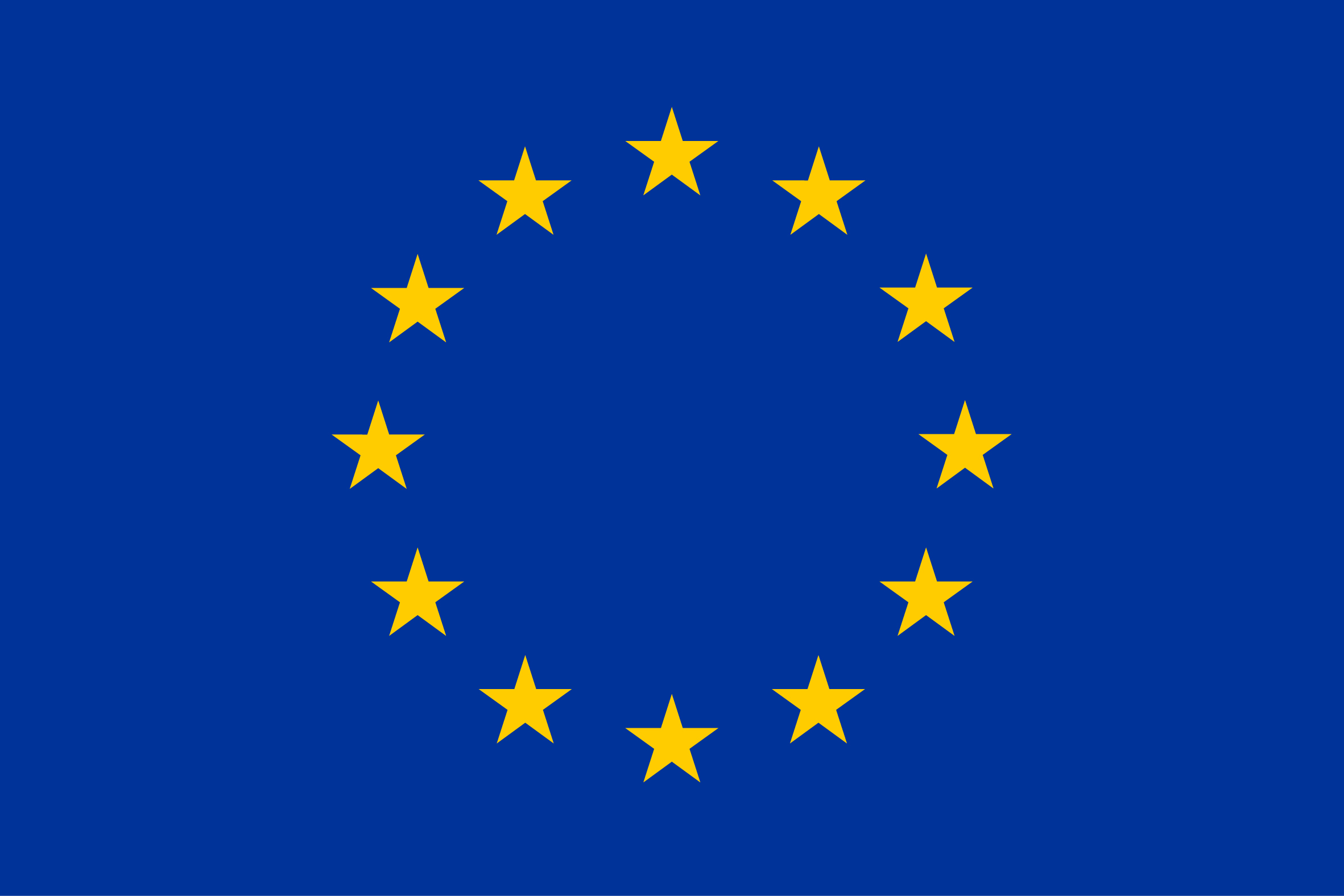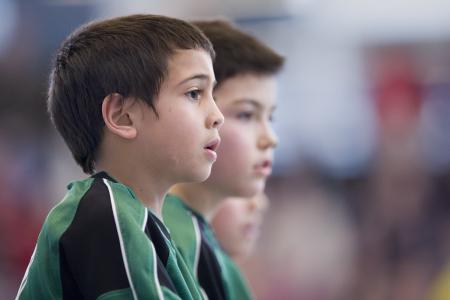Adults are responsible for the safety of children in any context. But for their safety, children need to know a few things themselves, and we rely on you, child protection or sports professionals, or even parents and teachers, to spread these messages. These tips are offered to children during information sessions within the Keeping Children Safe in Sports project, funded by the European Union's Rights, Equality and Citizenship Program (REC 2014-2020). A "safe environment for children" means preventing any form in which the child may be negatively affected — emotionally, verbally or physically.
What children need to know:
1. If he/she ever feels unhappy or is in danger, a child should report this.
2. It is a good thing if a child wants to reveal a secret
3. Children have many important rights they need to know:
- The right to health care
- The right not to be hurt or neglected
- The right to sufficient food and clean water
- The right to privacy
- The right to meet other children
- The right to be with their parents/those who will take the best care of them
- The right to education
- The right to express oneself, including about things that affect them
- The right to practice one's religion
- The right to express opinions and say what they think
- The right to play and rest
4. It is good for children to listen to their feelings, especially if they help them stay safe. For example, if we feel fear, then we should listen to that feeling. One should never ignore the way we feel.
5. Children have the right to privacy and if someone touches them in a way that bothers them or they know is wrong, then they should say so. It's not the children's fault if something bad happens to them.
6. If you are in such situations, you should :
- Say NO - if you can, although it may be difficult
- LEAVE and go away from the person/place as quickly as you can
- TELL someone what is happening.
7. Children have the right to say NO to things they are not comfortable with. Children ALWAYS have the right to say "NO" if someone touches them in a way they do not like, and children should never explain why they say NO.
8. You can recommend this strategy for children who need to manage intense emotions:
- Remember that it is never good to harm others
- Breathe deeply 3 times or count slowly to 10
- Use your words to say how you feel and what you would like to happen
- Ask for help in solving the problem
- Take time to calm down
 The ”Keeping Children Safe in Sports” project, implemented in Romania by the Terre des hommes Romania Foundation, is funded by the European Union's Rights, Equality and Citizenship program (REC 2014-2020). The content of this article represents the point of view of the authors and is entirely their responsibility. The European Commission does not accept any responsibility for the use of the information contained therein.
The ”Keeping Children Safe in Sports” project, implemented in Romania by the Terre des hommes Romania Foundation, is funded by the European Union's Rights, Equality and Citizenship program (REC 2014-2020). The content of this article represents the point of view of the authors and is entirely their responsibility. The European Commission does not accept any responsibility for the use of the information contained therein.






